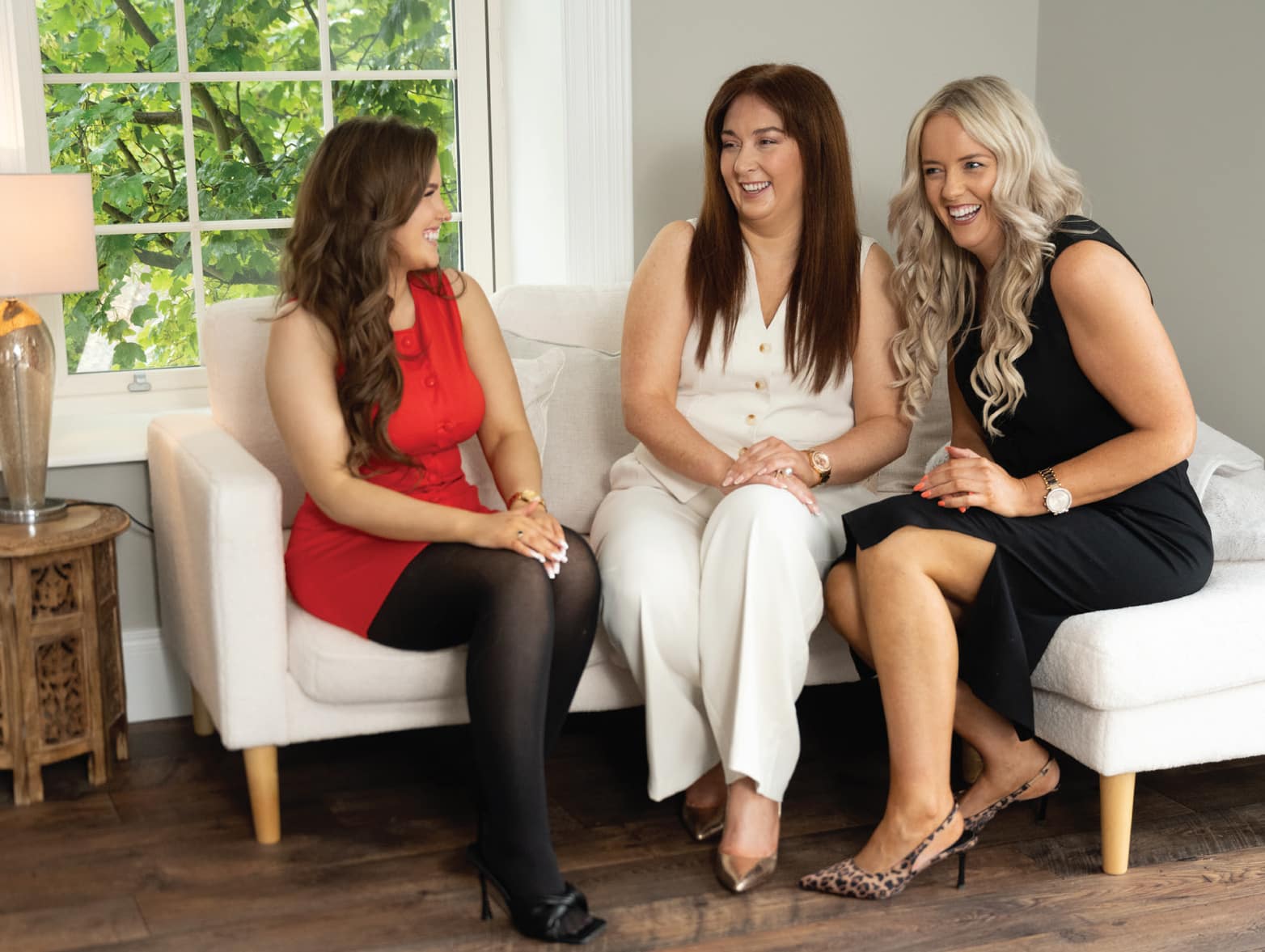Baby loss: What not to say

It is estimated at least one in four pregnancies end in loss during pregnancy or birth.
It’s a sad reality that most women – if they do not experience baby loss themselves – will know someone affected by the tragedy.
Yet, the silence around baby loss remains disproportionately high compared to the number of families affected by the ordeal.
Superstition dictates you don’t tell anyone about your pregnancy until you hit the 12-week mark so women who miscarry before they reach this milestone frequently tell no-one, or very few people, about their loss. This can make miscarriage a hugely isolating and distressing ordeal.
For others who make it further into their pregnancy before losing their baby, they can come up against awkward and clumsy comments – or even silence or avoidance – by family and friends who at a loss for words.
Of course, everyone deals with the experience in different ways.
There are women who don’t want to talk about losing their baby, but there are others who find comfort in talking.
It can be an uncomfortable subject – but it is often best to take your lead from the grieving parents. If they seem keen to discuss their baby, don’t shy away from the subject.
The reality is, you aren’t reminding of their loss by talking about it, as they are likely thinking about it anyway and many parents enjoy the fact that family and friends acknowledge the existence of their baby.
Never try to minimise the loss or their sense of grief – don’t use phrases such as ‘at least’ when speaking to someone affected by baby loss, for example, “at least you lost the baby at an early stage”.
For many couples, they become parents as soon as they find out they are pregnant. Baby loss can be devastating regardless of when it occurs. Telling someone they are lucky they lost their baby before they were born can be extremely distressing.
Don’t feel bad if you don’t know what to say. Often, parents themselves are overwhelmed and uncertain about their emotions. Saying sorry can often be enough. Just be there for them, listen to them, let them know you will give them space if they need it, but equally they can call on you when needed.
Don’t tell a woman coping with baby loss that she can try again. That may be the case, but for many parents, it’s the last thing on their mind. The prospect of ‘trying again’ and suffering another loss is also terrifying. They may also have experienced fertility issues and it may therefore not be just as easy as trying again.
It’s also important to remember they have lost a child. Having another baby at a later stage will not replace the baby they have lost. Equally, don’t tell them they are lucky they already have a child.
If you have never experienced loss, telling someone you know how they feel can be upsetting. If you have experienced a loss, instead of talking about your experience, keep the attention focused on the grieving parent.
“Everything happens for a reason”. While your intention may be to offer comfort, this can be an intensely painful thing for a grieving parent to hear. The woman, in particular, may be struggling with feelings of guilt over the loss, wondering if they are to blame, and this can add to their distress.
“It was for the best – something was wrong with the baby”. Again, this is likely to cause more upset. Going back to the sense of guilt experienced by many women, this phrase, even if well-intended, can compound those difficult emotions.
Many parents who lose a baby because of a chromosomal defect, for example, still experience the same sense of loss and mourn deeply for their much-loved and much-wanted baby.
Avoid calling the loss ‘it’. Refer to the baby as he/she or they. Ask if the baby has a name and never be afraid to use the name.
Remember there is no time limit on grief. Some people are able to move on, for others their grief will remain with them for the rest of their lives. Don’t forget their loss and expect them to ‘move on’ after a few months, or even if they go on to have another baby.
Some people will put on a brave face as a coping mechanism. They may appear as though they are coping, but this doesn’t mean they are. Don’t be afraid to ask them how they are – and make sure you have the time to hear their response.
Many people affected by baby loss talk about how isolating it can be and acknowledging their loss may just give them the permission to open up.
Alternatively, they may not want to talk, but even bringing it up can be a comfort as it signals their loss is real and they shouldn’t be ashamed if they are struggling.
BABY LOSS AWARENESS WEEK THIS YEAR TAKES PLACE BETWEEN OCTOBER 9 – 15 AND IS A SPECIAL TIME FOR FAMILIES TO COME TOGETHER IN REMEMBRANCE OF ALL THE MUCH-LOVED BABIS WHO DIED TOO SOON. THE WEEK ENDS WITH THE WAVE OF LIGHT AT 7PM ON OCTOBER 15











